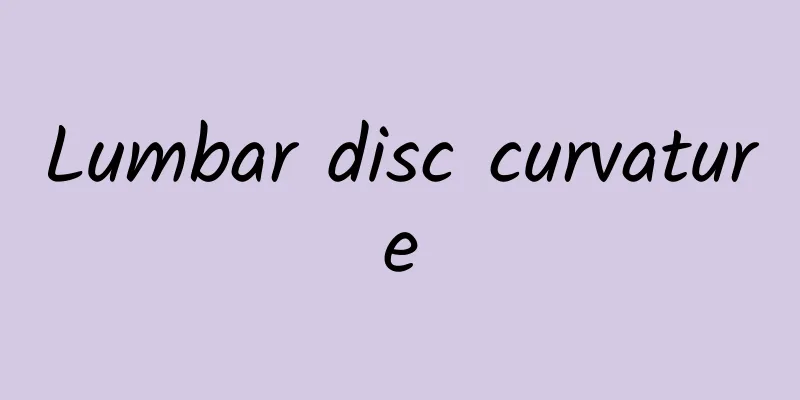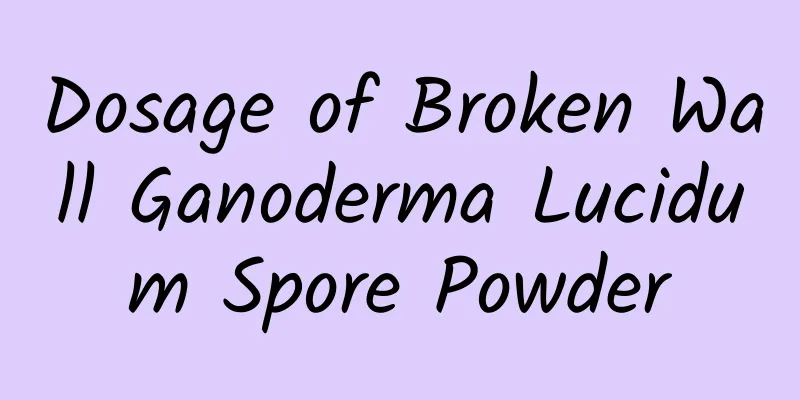Early symptoms of cerebral palsy in infants and methods of treating cerebral palsy

|
For most parents, the onset of cerebral palsy in infants can be detected through the child's daily behavior. So, what are the early symptoms of cerebral palsy in babies? Early symptoms of cerebral palsy in infants: 1. Body weakness and decreased spontaneous movements are symptoms of hypotonia and can be seen in one month. If it persists for more than 4 months, it may be diagnosed as severe brain damage, mental retardation or muscle system disease. 2. The body becomes stiff. This is a symptom of hypertonia and can be seen in one month. If it persists for more than 4 months, it can be diagnosed as cerebral palsy. 3. Abnormal head circumference: Head circumference is an objective indicator of the morphological development of the brain. Children with brain damage often have abnormal head circumference. 4. Fixed posture: It is often caused by abnormal muscle tension due to brain damage, such as opisthotonos, frog position, inverted U-shaped posture, etc. It can be seen one month after birth. 5. Poor weight gain and inability to breastfeed. 6. Strabismus: If a 3-4 month old baby has strabismus and poor eye movement, it may indicate the presence of brain damage. Treatment: 1. Psychotherapy. Children are relatively young, but they can also receive psychological treatment. Children with this disorder often have emotional disorders, abnormal behavior, and cognitive impairment. In view of the psychological barriers of children with cerebral palsy, we should respect patients in comprehensive treatment, listen carefully, understand, comfort and encourage them, and stimulate their active participation while correcting their limb dysfunction. Improving the therapeutic training effect is also a treatment method for cerebral palsy. Health education should be provided to improve the psychological state of children. We should actively communicate with them, gradually overcome their paranoia and dependence, establish independence, self-confidence, strength and upward confidence, cultivate their self-care ability, and enable them to adapt to society. 2. Physical therapy: Children with cerebral palsy receive physical therapy, such as electroacupuncture, muscle stimulation therapy device, hydrotherapy, hot and cold compresses, etc. The main purpose is to regulate function, relieve contracture, stimulate low muscle tone, promote circulation, maintain and expand joint mobility, increase muscle strength, and thus improve balance and gait. 3. Use of orthopedic devices: In the training of children with cerebral palsy, the use of braces is very important. For example, young children with syntrophic cerebral palsy have spasms in the posterior calf muscles of their lower limbs, which makes the heels unable to touch the ground, and their ankle joints are unstable and have flat feet. Foot and ankle orthopedic braces can be used. |
<<: Can jaundice cause cerebral palsy? How to treat it?
>>: How to treat cerebral infarction? Teach you the correct treatment method
Recommend
What is the cause of fluid accumulation around the gestational sac?
It is well known that if blood accumulates in the...
What to do with acute otitis media
Acute otitis media is actually an ear disease. In...
Symptoms of depression in the elderly
Everyone should be familiar with depression. Depr...
How to cook Hedyotis diffusa
Snake tongue grass is a kind of Chinese herbal me...
What should patients with scleral venous sinus pay attention to in their daily life?
Many people don’t know enough about scleral venou...
What are the benefits of a steam room?
Nowadays, people are under great pressure in life...
Which is better, decoction or Chinese patent medicine?
my country's traditional Chinese medicine cul...
Compression purpura
In life, many people are under great pressure fro...
What causes armpit muscle pain?
The feeling of muscle pain can add considerable s...
Why do I feel itchy all over in spring?
Many people may face some skin problems in spring...
The boy got this disease when he was young, and he couldn't be a father when he grew up
A young couple, both highly educated, had been in...
Causes of spinal pain, surgical treatment is effective
Long-term hunching or leaning back in life will d...
Is it normal for boys to have lumps under their breasts?
Breasts are not only for women, men also have bre...
Why does the baby have white skin inside his mouth?
When a baby has white skin growing in his mouth, ...
What are the treatments for gastric fistula?
The gastric vault is a part of the body that is mo...









